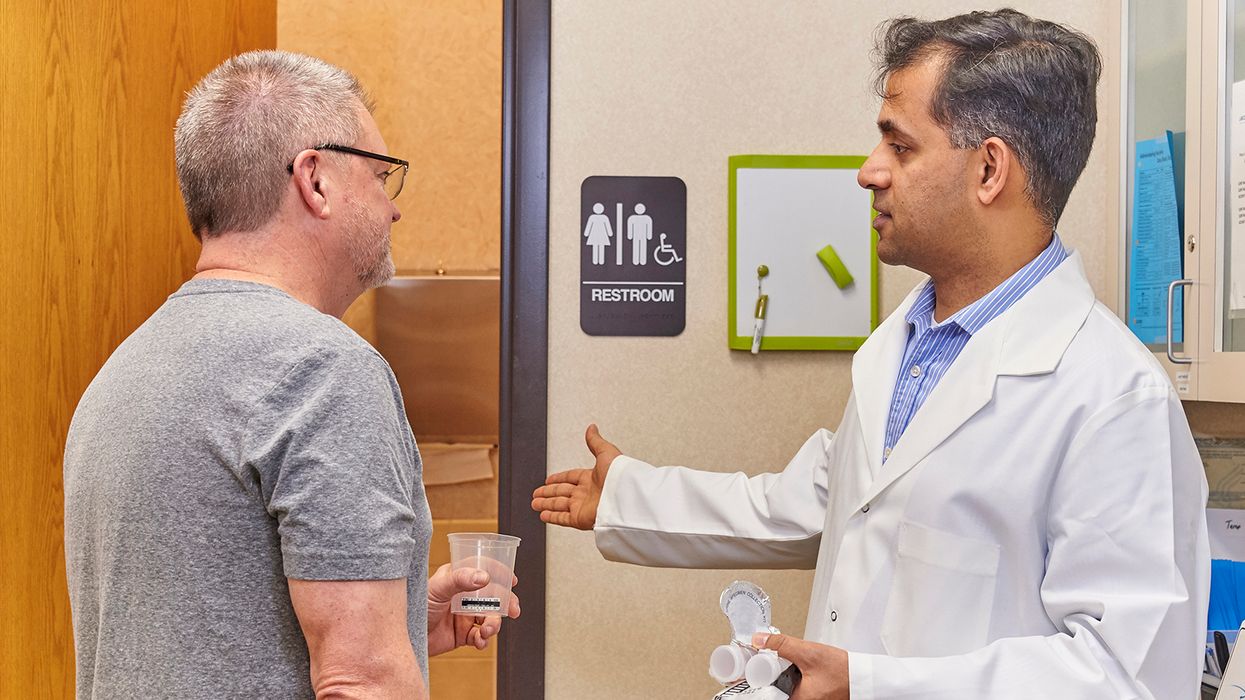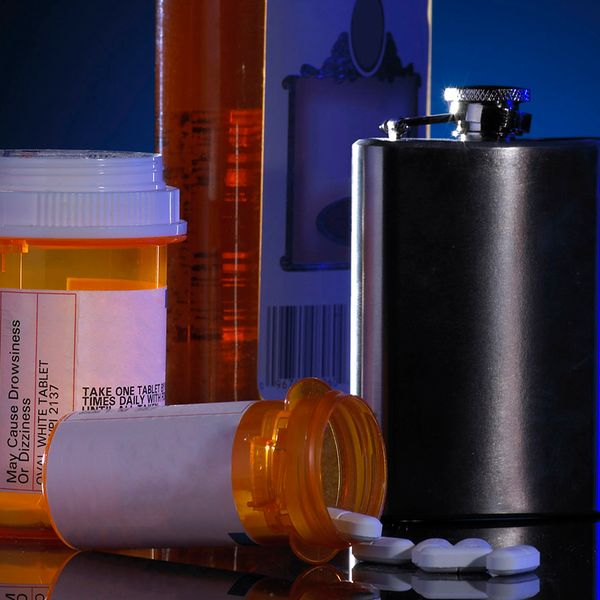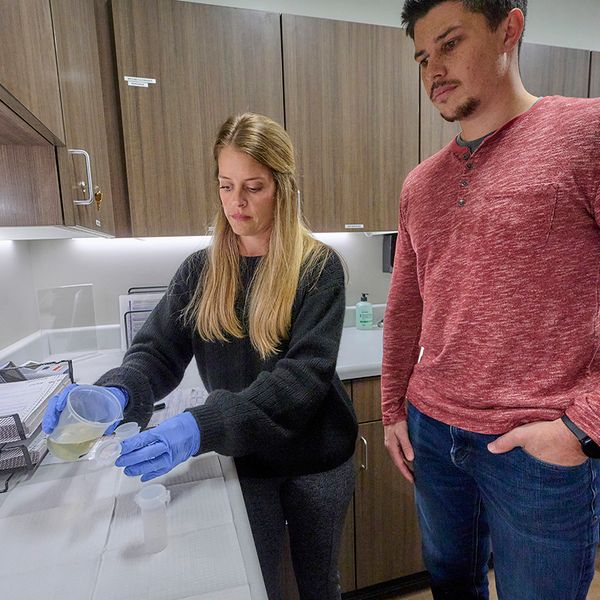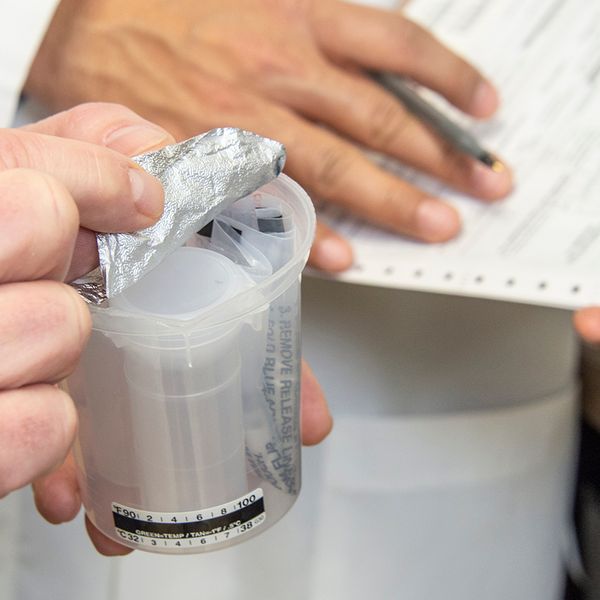DOT testing tales: What would you have done?
Managing a DOT testing program can be likened to Murphy’s law: “Anything that can go wrong will go wrong.”
Some of the scenarios that program administrators deal with can be off-the-wall and just plain tricky. Often the situations are so complex that they require contacting the DOT for guidance on how to proceed. Consider the following three actual questions posed to J. J. Keller® subject matter experts on DOT drug and alcohol regulations. Two of the questions even stumped our experts, and we had to consult with the Federal Motor Carrier Safety Administration (FMCSA).
If you were asked these same questions, what would your answers be?
Alcohol in the truck
Question: During a roadside inspection, a driver who was operating a CDL vehicle was cited with 392.5(a)(3), possessing alcohol that is not manifested while on duty or operating a commercial motor vehicle. He possessed an unopened six-pack of beer that the officer saw in the truck’s cab. He wasn’t cited with being under the influence. Based on the citation appearing on the roadside inspection report, is this actual knowledge under 382.107 and reported by the motor carrier to the Drug and Alcohol Clearinghouse as an alcohol violation?
Answer: No. Even though the driver was engaging in behavior that violates 392.5, possession is not listed in Subpart B to Part 382 as prohibited behavior requiring the return-to-duty process and follow-up testing. According to 392.5, the driver is placed out of service for 24 hours, and any additional consequences would be based on company policy.
A failed non-DOT drug test
Question: A motor carrier has a drug-free workplace (non-DOT) testing program in addition to its DOT (Part 382) testing. The non-DOT drug panel covers the same substances as the DOT test. The carrier’s CDL drivers are placed in both testing programs.
One of the carrier’s CDL drivers failed a non-DOT random drug test. When approached about the results, she admitted that she used drugs. Is this a positive test that the medical review officer (MRO) should report to the Clearinghouse?
Answer: This is a trick question. The test results are not reported to the Clearinghouse, as there are no DOT consequences for failing a non-DOT drug or alcohol test. The MRO can’t report the results of a non-DOT test. However, in this scenario, the driver admitted to using the drugs found in the testing panel. After reaching out to FMCSA, J. J. Keller confirmed that the drug test result can’t be used as actual knowledge; however, the admission of drug use fits within the definition in 382.107.
Had the driver refused to comment on the result or denied drug use, then no violation was committed. It’s not actual knowledge, and nothing is reported to FMCSA.
Test was not observed
Question: A driver was sent for a DOT return-to-duty drug test. The chain of custody showed that the clinic failed to observe the collection. The MRO did not cancel the test. Is a new test required?
Answer: At first, you might think the test should stand since failing to monitor a test when required is not a flaw (see 40.209(b)(6)) that cancels a test. However, after hearing anecdotal accounts from our customers that auditors were calling into question use of the unobserved tests when required, J. J. Keller reached out to FMCSA.
We asked how FMCSA auditors would perceive the situation. And we found that they would expect the carrier to send the driver for another return-to-duty or follow-up drug test since FMCSA regulations require that those test types be under direct observation.
Key to remember: Many things can and will go wrong in a DOT testing program, many of which are not addressed in the regulations. Those are times when you may need to seek out help, including reaching out to J. J. Keller® regulatory experts or FMCSA directly.























































